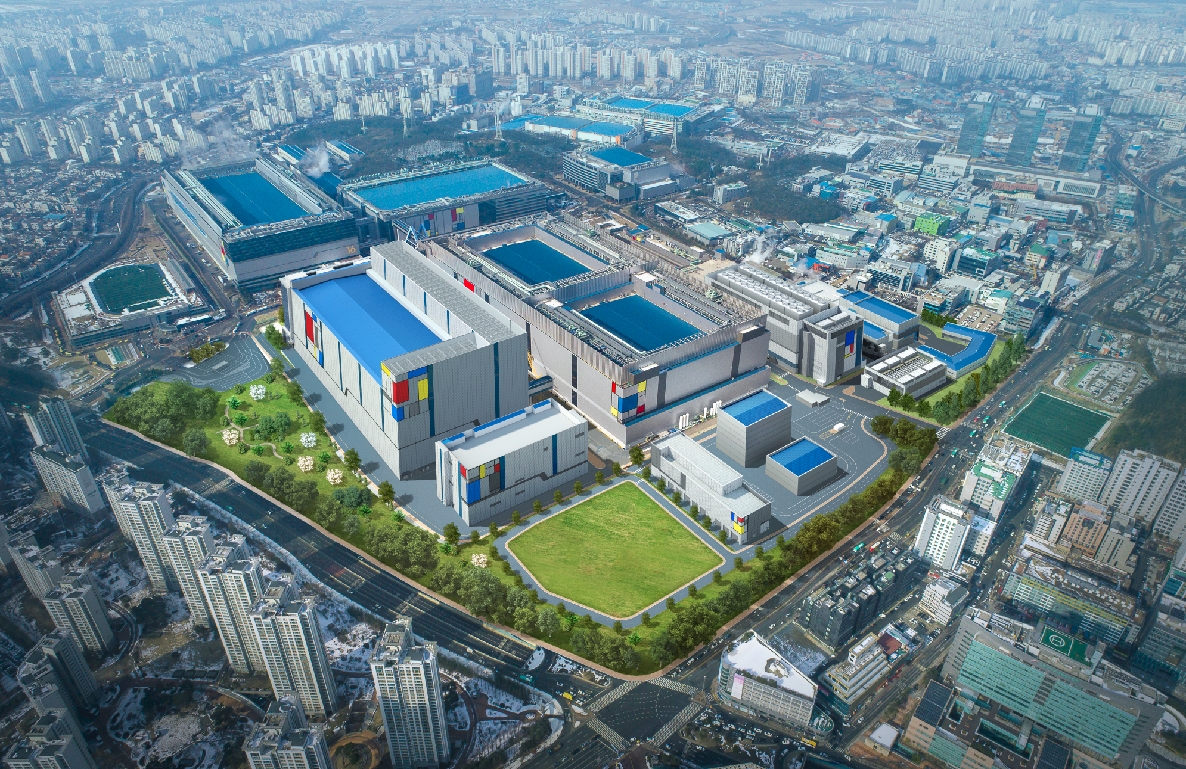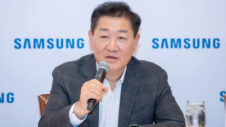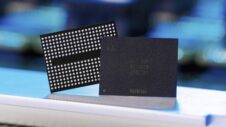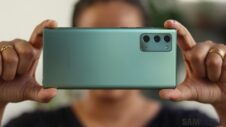Japan and the Netherlands have joined the United States in banning semiconductor equipment exports to China. This move may put a damper on Samsung Electronics' semiconductor manufacturing capacity in China, where the company is manufacturing DRAM and NAND flash chips.
The three countries held negotiations for several days under the National Security Advisor of the US, Jake Sullivan (via ET News). The terms have not been set in stone just yet. But if Japan and the Netherlands join in on export restrictions, this move would make it extremely difficult for China to acquire two key semiconductor manufacturing technologies: DUV (Deep Ultraviolet) and EUV (Extreme Ultraviolet).
Japan's TEL supplies semiconductor manufacturers with DUV equipment, and ASML in the Netherlands is the only EUV equipment manufacturer in the world. Samsung uses ASML EUV equipment in its semiconductor facilities, and the two companies inked a new deal last year for next-gen EUV lithography worth around 4 trillion won ($3.2 billion).
Samsung manufactures a large portion of its DRAM and NAND flash chips in China, which means that the company may have issues getting EUV equipment ready for production if ASML joins the US in restricting exports of advanced semiconductor technologies to the Far Eastern country.
Meanwhile, Samsung intends to increase its semiconductor production capacity at its P3 factory in South Korea. The tech giant is also in the process of constructing a $17 billion semiconductor factory in Texas and reportedly started procuring manufacturing equipment in December 2022. Samsung seemingly wants to be less dependent on China as a semiconductor manufacturing hub and has made huge investments in setting up new infrastructures in different countries.







